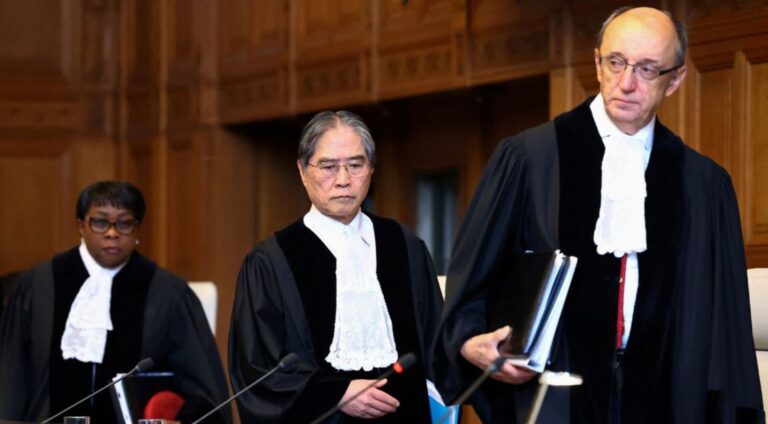Confused, a defiant Trudeau is standing still
Although Trudeau has weathered many storms, there are signs that his time is up.
First, history is not on his side. Only one Canadian prime minister, Sir John A MacDonald – the country’s first – served four consecutive terms.
Trudeau is also working against declining popularity. A September poll by Ipsos suggested nearly two-thirds of Canadians disapproved of him. Only 26% of respondents said Trudeau was the best choice for prime minister, leaving him 19 points behind Conservative leader Poilievre.
And then there’s Trudeau’s slowly eroding support within his own party. So far, at least 18 Liberal MPs have called for their leaders to resign.
“He’s delusional if he thinks we can go on like this,” New Brunswick lawmaker Wayne Long told reporters this week.
“This is unfair to us MPs, ministers and most importantly to the country. We need to move forward with a new direction and start again.”
According to Long, who pushed for Trudeau’s ouster, up to 50 of the 153 Liberal MPs want him to resign immediately. There are roughly the same number of Trudeau loyalists, he said, and the rest are on the fence.
“There are still some party loyalists who like him and still want to support him,” Mr Martin said. DC based columnist. “But if you had a secret ballot of the Liberal caucus on whether he should stay in the party, he would have been easily defeated.”
Mr Martin noted that the Prime Minister was also motivated by contempt for his political rival, Poilievre.
“He doesn’t want to back down and wants to face Pierre Poilievre, whom he hates,” he said.
Trudeau’s persistence in the face of overwhelming political forecast has drawn comparisons with US President Joe Biden, who abandoned his candidacy months before the November election after only increasing domestic pressure.
Professor Blake said Trudeau’s legacy, like Biden’s, will depend on how he comes out. Fighting a losing battle, he said, could give Trudeau a “permanent scar.” But the prime minister has a remarkable ability to survive, he noted.
“He survived and he didn’t do what was normal. Will normal—whatever that is—fall into place this time? Maybe, but I’m not sure.”
Trudeau’s dilemma is similar to that faced by his father, who won three consecutive elections and won a fourth in less than a year after leaving office.
But by 1984, more than 15 years after he first became prime minister, the elder Trudeau — now like his son — faced a dire election. It seemed clear that he would not win the next election if he remained in office. He decided to resign, saying publicly that he made the decision after taking a walk in a snowstorm in Ottawa.
Since then, the term “snowwalking” has become synonymous with political resignation in Canada. It remains to be seen if Trudeau will take his own walk this Christmas.







